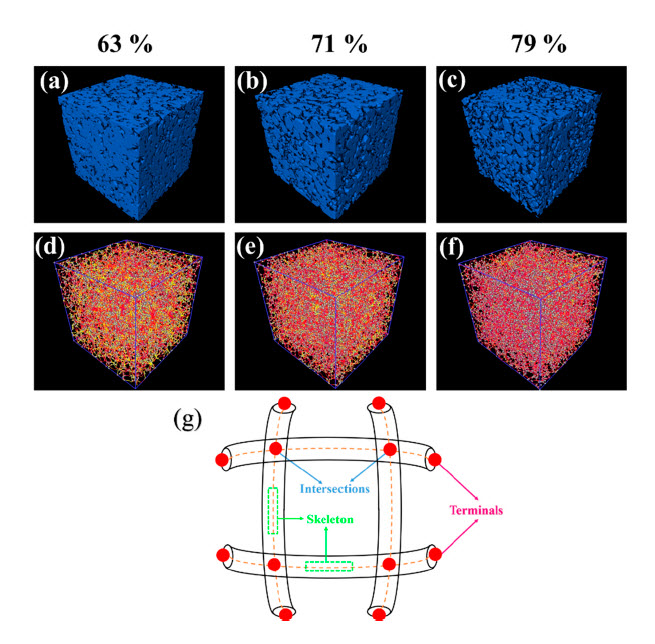Effects of Porosity on Mechanical Properties and Corrosion Resistances of PM-Fabricated Porous Ti-10Mo Alloy

Porous binary Ti-10Mo alloys were prepared using non-spherical titanium, molybdenum powders by the powder metallurgy (PM) space holder technique. Based on the three-dimensional analysis of porosity characteristics, a detailed assessment of the effects of porosity on mechanical properties and corrosion resistances in phosphate-buffered saline (PBS) was carried out. For comparison, PM-fabricated CP-Ti with 50.5% porosity sintered at 1200 °C for 2 h and dense Ti-10Mo alloy sintered at 1450 °C for 2 h (relative density is 97.2% and porosity is 2.8%) were studied simultaneously. The results show that with the space-holder volume contents rising from 63 to 79%, the open porosity and average pore size (d50) increase remarkably, while the pore size distribution (d10–d90) tends to be stable at about 100 μm. The average pore sizes (d50) of porous Ti-10Mo alloy can be controlled in the range of 70–380 μm. The PM-fabricated porous Ti-10Mo alloy can achieve a wide range of mechanical properties, with yield compression strength of 248.2–76.9 MPa, and elastic modulus of 6.4–1.7 GPa. In addition, the yield compression strength and the elastic modulus meet the linear regression and exponential formula, respectively. With the porosity of Ti-10Mo alloy increasing from 2.8 to 66.9%, the corrosion rate rises exponentially from 1.6 g/m2·day to 17.1 g/m2·day. In comparison to CP Ti with nearly the same porosity, Ti-10Mo alloy shows significantly higher corrosion resistance. As a result, the relationships between porosity and mechanical properties, corrosion resistances of Ti-10Mo alloys were established, which can be used as a design reference in material selection for orthopedic applications.